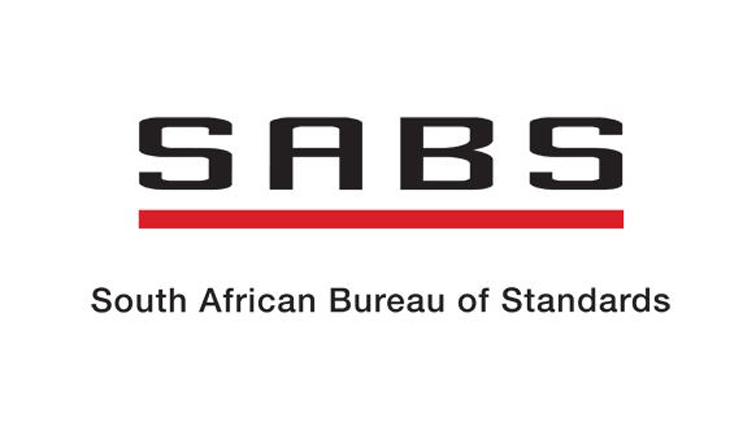The dysfunction at the South African Bureau of Standards (SABS) is putting all South Africans at risk, the Democratic Alliance (SA) said on Sunday.
The dysfunction and lack of accountability at the SABS had forced Trade and Industry Minister Rob Davies to demand that the SABS board “urgently oversee a detailed process to develop a turnaround strategy for [the] SABS”, DA spokesperson Dean Macpherson said.
Of major concern was that the SABS seemed unable to account for operational assets under its management. This was revealed in a response to a DA parliamentary question asking Davies to account on the concerns raised by industry players on the SABS’s testing function.
The SABS was a statutory body established in terms of the Standards Act and was tasked with developing, promoting, and maintaining South African national standards in terms of quality on commodities, products, and services, he said.
The DA will now ask Davies to provide specific timelines as to when he expected the turnaround strategy at the SABS to be finalised, including the register of assets under its management.
Davies’s admission on the SABS dysfunctionality came as no surprise as the entity ran a R44.3 million loss in the 2016/17 financial year. It had become urgent, now more than ever, that the turnaround strategy proposed by Davies be formulated and implemented to reverse the precarious financial position that SABS found itself in, Macpherson said.
Further admissions by Davies in response to questions included:
– the inability of the SABS to confirm the names of laboratories conducting partial testing of products;
– the SABS was unable to confirm how many expired marks were being used, what these products were, and when they expired;
– the SABS only had one executive board member who had not resigned since 2015, pointing to a serious governance issue;
– the SABS was unable to account for how many customers it has lost in the two previous financial years and what the cost to the SABS had been; and
– that the CEO had a driver approved by the board for reasons and costs unknown.
South Africa could not afford to have a dysfunctional standards and certification body, as this negatively impacted businesses who relied on standards for market access and growth, Macpherson said.
“It is unacceptable that [the] SABS is unable to provide information about testing facilities that are no longer functional or which need upgrading and the related costs. It exposes the poor accounting and internal control measures within [the] SABS, which could be a violation of [the] Public Sector Internal Audit Standards. If there is one thing we are certain about at [the] SABS, [it] is that chaos and disorder seem to be the only benchmark that they are being measured against,” he said.






